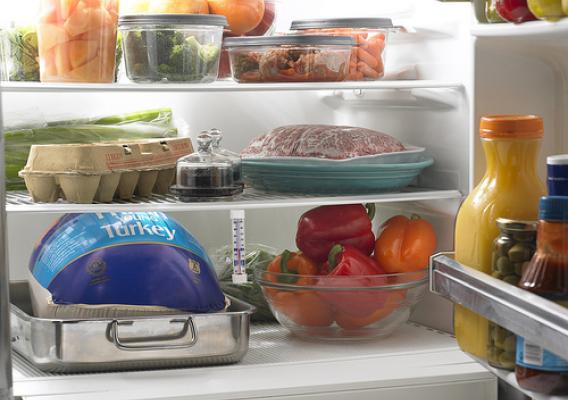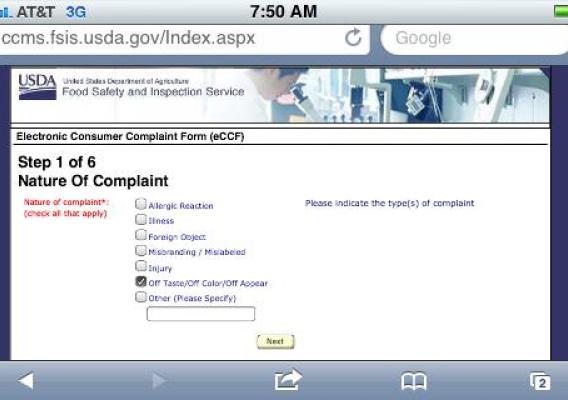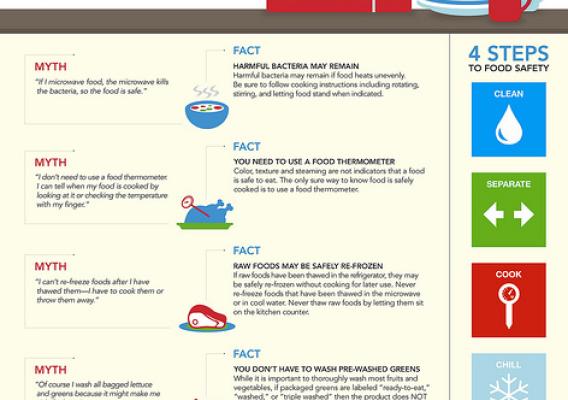Over the last three years, USDA’s Agricultural Marketing Service (AMS) has worked with the peanut and dairy industries to create a government-hosted electronic trade document repository. The eTrade Document Exchange (eTDE) System, funded by USDA's Foreign Agricultural Service through the Market Access Program, makes electronic trade documents, including official certificates, available securely through the Internet to facilitate the domestic and international movement of U.S. agricultural products.
This system provides users with the ability to access commodity-related trade documents as PDF files that can be used to verify hard copy documents or to eliminate the use of hard copy documents entirely. It allows authorized product owners, buyers, carriers, brokers, and government port agents access to critical information around the clock and around the world.
USDA collaborates with trade associations to provide this information as an export service to the supply chain. The certificates available in the repository are provided by a variety of document providers. Some certificates are provided by USDA, some by programs under department certification, and some from commercial sources that operate independently. USDA validates the identity of each document provider and has security controls in place to ensure that certificate data obtained from providers remains unaltered once it is posted to the site.








